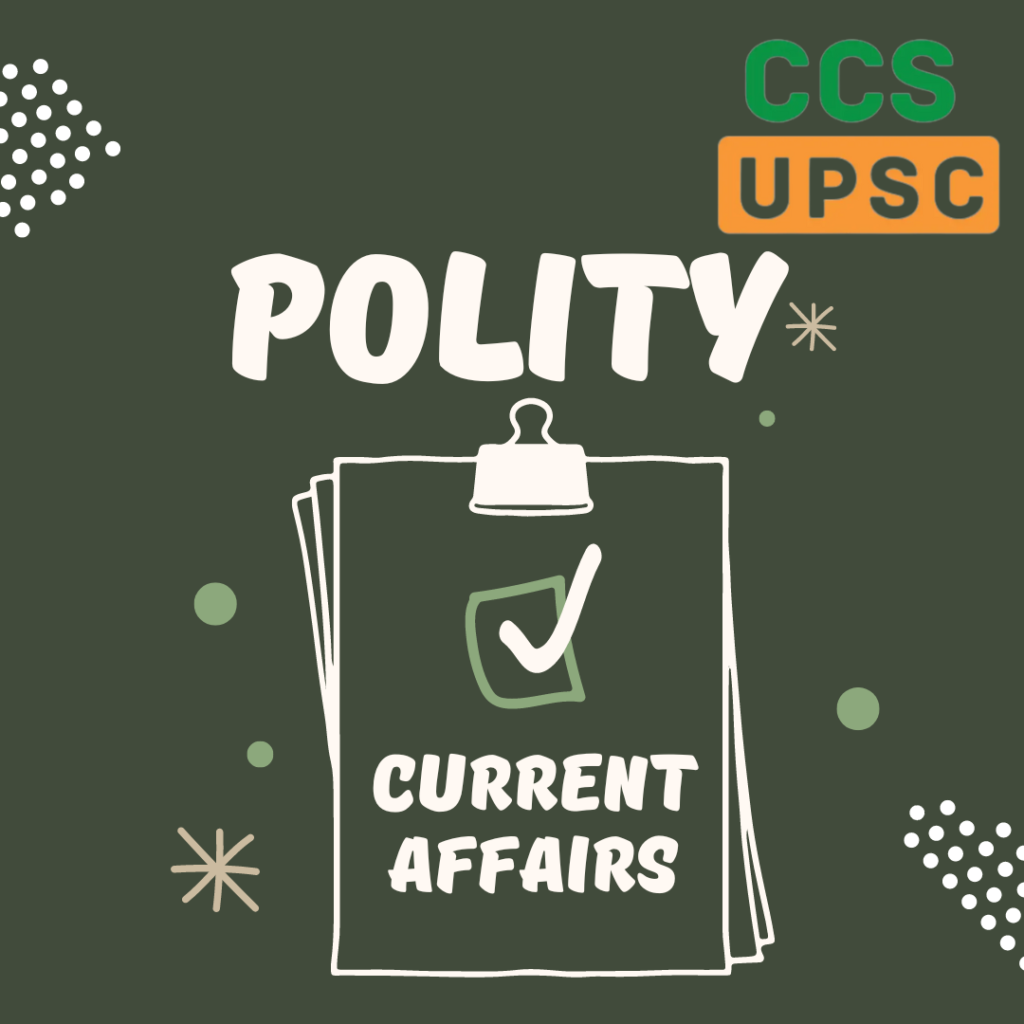Context
∙ The Union Health Ministry has sought data from States and UTs regarding the number of single women who have used Assisted Reproductive Technology (ART).
What is Assisted Reproductive Technology?
∙ Assisted reproductive technologies (ART) refer to a range of fertility treatments aimed at aiding reproduction for couples suffering from infertility or to persons who may wish to have a child through artificial methods.
∙ These arrangements include in-vitro fertilization (fertilizing an egg in the lab), gamete donation (sperm or egg), and gestational surrogacy (where the child is not biologically related to the surrogate mother).
Concerns of ART
∙ Ethical Issues: The process of selecting embryos for implantation raises ethical questions, especially when it involves the potential for genetic screening and manipulation.
∙ Parental Rights: Legal issues can arise regarding the determination of parental rights, especially in cases involving surrogacy, egg donation, or sperm donation.
∙ Long-term Health Effects: The long-term health effects of some fertility treatments and medications used in ART are not yet fully understood.
∙ Access and Affordability: Access to ART may be limited due to financial constraints, leading to concerns about socioeconomic disparities in the ability to access these technologies.
Assisted Reproductive Technology (Regulation) Bill, 2021:
∙ Provision of ART services: The Bill defines ART and the services will be provided through:
∙ ART clinics, which offer ART related treatments and procedures, and
∙ ART banks, which collect, screen and store gametes.
∙ Registration of ART clinics and banks: Every ART clinic and bank must be registered under the National Assisted Reproductive Technology and Surrogacy Registry.
∙ A National Registry will be established under the Bill, which will act as a central database with details of all ART clinics and banks in the country.
∙ Boards: The Bill provides that the National and State Boards constituted under the Surrogacy (Regulation) Bill, 2019 will also act as the National and State Boards for the regulation of ART services.
∙ Rights of a child born through ART: A child born through ART will be deemed to be a biological child of the commissioning couple and will be entitled to the rights and privileges available to a natural child of the commissioning couple.
∙ A donor will not have any parental rights over the child.


